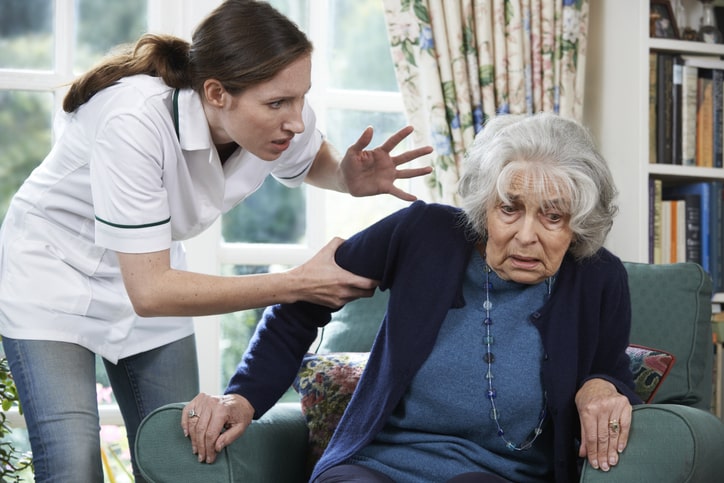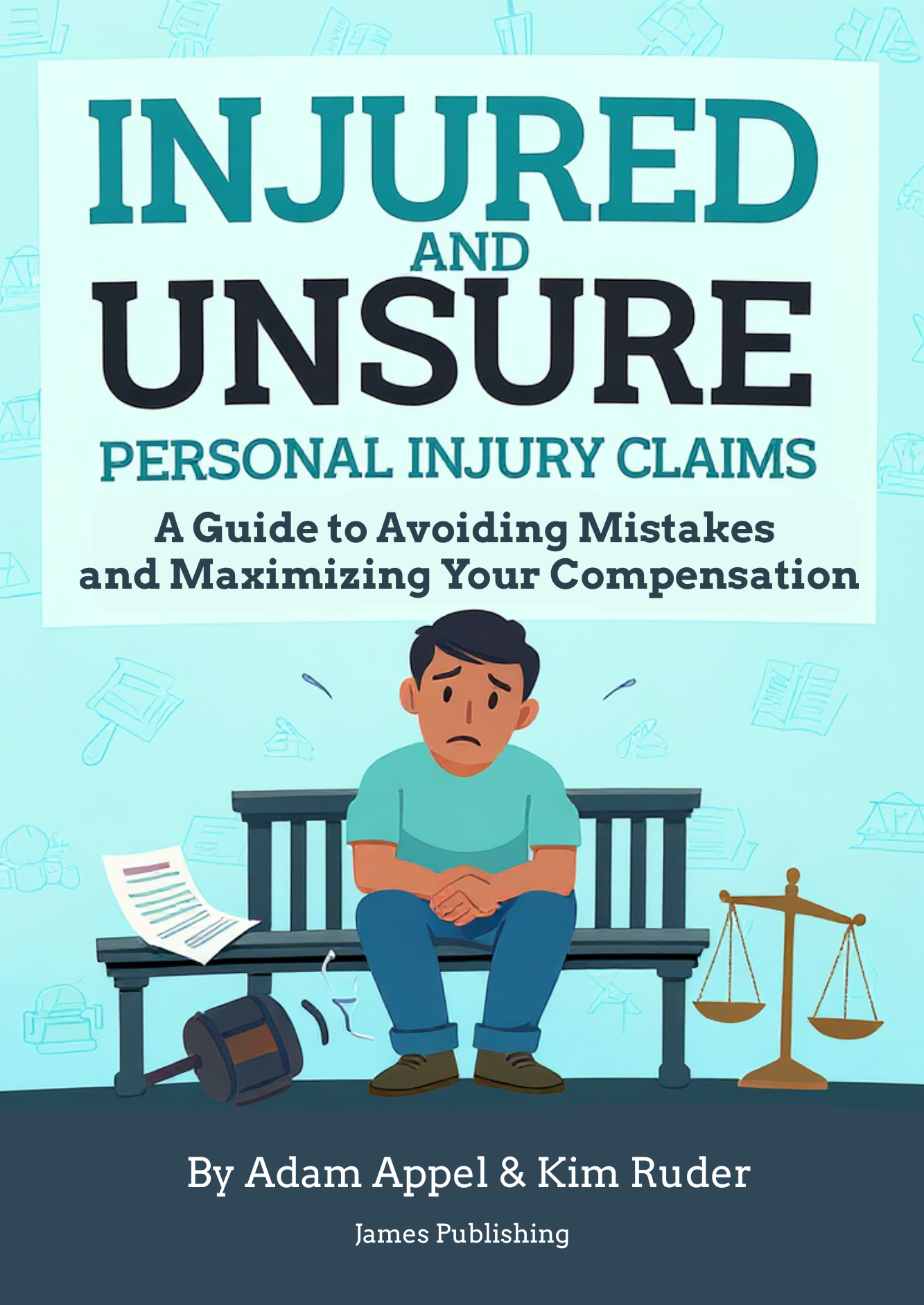Table of Contents
Our Norcross nursing home abuse attorneys at Dermer Appel Ruder know there is nothing “common” about being injured through medical malpractice, negligence, or intentional harm at long term care facilities in Georgia.
Nursing home abuse is a serious issue that can take various forms, often causing significant physical, emotional, and psychological harm to residents. Here, we discuss some of the most common types of nursing home abuse and the potential signs and symptoms to be on the lookout for.
What are the Most Common Forms of Medical Malpractice in Nursing Homes?
Medical malpractice in nursing homes involves negligent actions or omissions by healthcare professionals that cause harm to residents.
The most common forms of medical malpractice in nursing homes include:
- Medication errors in prescribing, dispensing, or administering medication.
- Failing to identify or incorrectly diagnose a medical condition.
- Delayed diagnosis of infections, diseases, or chronic conditions.
- Failing to monitor and supervise residents’ health and medical needs properly.
- Failing to provide timely medical intervention when necessary,
- Over-sedating residents with medication.
- Neglecting proper hygiene practices leading to infections.
- Allowing residents to develop bedsores (pressure ulcers) due to prolonged immobility and poor hygiene.
- Failing to provide adequate nutrition and hydration, allowing residents to become malnourished or dehydrated.
- Failing to maintain accurate and up-to-date medical records.
- Inaccurate documentation of treatments and medications.
- Missing or incomplete medical histories.
- Not informing residents or their families about treatment options.
- Ignoring the resident’s right to refuse treatment.
- Failing to address mental health conditions such as depression or anxiety.
- Not providing support for emotional well-being.
- Allowing residents to suffer from emotional distress due to isolation or neglect.
The most common signs of medical malpractice in nursing homes may include, but are not limited to:
- Physical: Unexplained injuries, sudden weight loss, or frequent infections.
- Behavioral: Changes in mood, depression, anxiety, or withdrawal.
- Medical: Frequent hospitalizations, worsening of chronic conditions, or new health issues.
Addressing medical malpractice in nursing homes is essential to ensure residents’ health, safety, and dignity. Our personal injury attorneys at Dermer Appel Ruder can help, starting with a free consultation.
What Are the Different Types of Nursing Home Abuse, and Their Signs & Symptoms?
Apart from medical malpractice, nursing home abuse can take on multiple forms. It is equally important to identify each so your loved ones can get the help they need, and the facility or other responsible party can be held responsible for their wrongdoing.
They include:
- Physical Abuse: The use of physical force that results in bodily injury, pain, or impairment, which may include hitting, slapping, or pushing, using excessive physical restraints, force-feeding, or improper handling.
- Emotional or Psychological Abuse: Verbal or nonverbal actions that inflict mental pain, anguish, or distress, including yelling, threatening, intimidating, humiliating, degrading, or isolating the resident from friends or activities.
- Sexual Abuse: Non-consensual sexual contact of any kind, including unwanted touching or fondling, forced sexual acts, sexual harassment, or exploitation.
- Financial Abuse: Illegal or unauthorized use of a resident’s economic resources, including stealing money or personal items, coercing the resident into signing financial documents, or misusing the resident’s bank accounts or credit cards.
- Neglect: Failure to provide necessary care, resulting in harm or risk of harm, including inadequate food or water, ignoring medical needs or failing to administer medication, or poor hygiene and unsanitary living conditions.
- Abandonment: Desertion of a resident by someone responsible for their care, which may include leaving the resident alone without necessary care or support or failing to return or check on a resident left in a public place.
The most common signs of nursing home abuse may include, but are not limited to:
- Physical: Unexplained bruises, cuts, or fractures; signs of restraint.
- Emotional: Withdrawal, fearfulness, depression, or anxiety.
- Sexual: Bruises around genitals, sexually transmitted infections.
- Financial: Unexplained withdrawals from accounts, missing personal belongings.
- Neglect: Weight loss, dehydration, bedsores, poor hygiene.
Contact Our Personal Injury Lawyers Today
If you believe your loved one has suffered injuries or lost their life to medical malpractice, abuse, or neglect in a nursing home in Georgia, contact personal injury lawyers at Dermer Appel Ruder today by calling (404)-892-8884 or online to discuss your case during a free consultation. We can help you hold the liable party—or combination of parties—liable for their injuries and keep these acts from happening to other residents.

